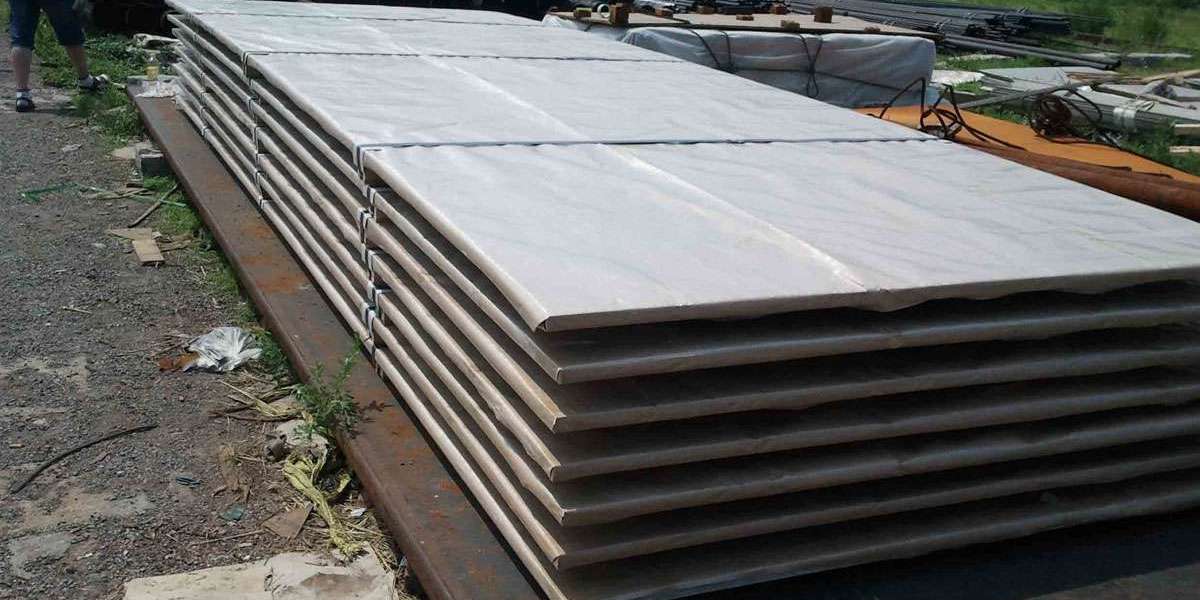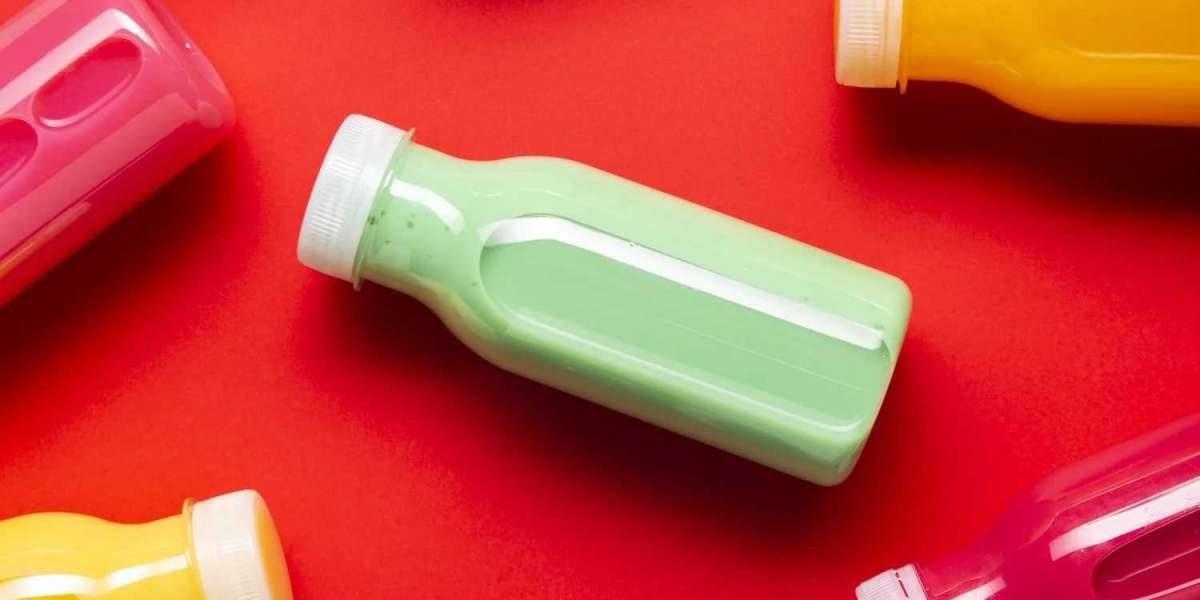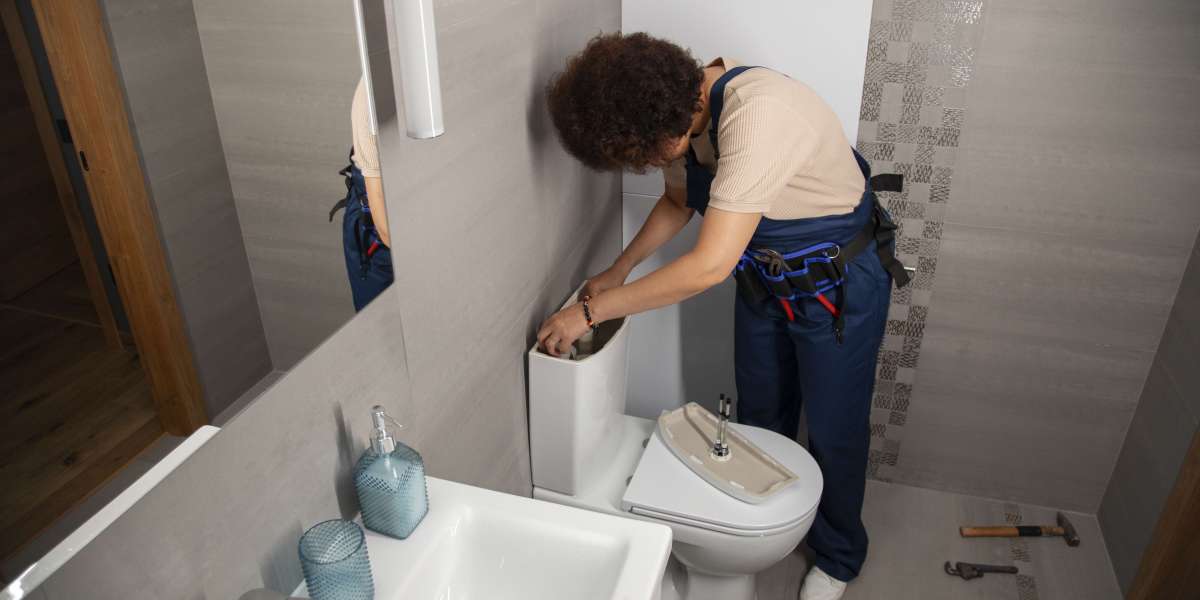Duplex steel plates are renowned for their durability and exceptional resistance to corrosion, making them ideal for use in harsh environments. However, to ensure that they continue to perform at their best and last as long as possible, proper maintenance and care are essential. This blog provides practical advice on maintaining duplex steel plates in tough conditions to maximize their longevity and performance.
Why Duplex Steel Plates?
Duplex steel combines the best properties of both austenitic and ferritic stainless steels, offering high strength, excellent corrosion resistance, and improved toughness. These qualities make duplex steel plates a popular choice for applications in harsh environments, including marine, chemical, and oil & gas industries. Despite their inherent resilience, these plates still require regular maintenance to ensure they continue to perform optimally.
Maintenance Tips for Duplex Steel Plates
Regular Cleaning: Regular cleaning is essential to remove surface contaminants that can lead to corrosion. Use mild detergents or non-abrasive cleaning agents with warm water to wash the surface of the duplex steel plates. Avoid using abrasive cleaners and harsh chemicals, as these can damage the protective oxide layer and reduce the corrosion resistance of the steel.
Inspect for Damage: Regular inspections are crucial and should look for any indications of damage, such as cracks, pitting, or discolouration. Early detection of issues allows for timely repairs or replacements, preventing further deterioration. Pay special attention to weld joints and areas where the plates are exposed to extreme conditions.
Preventing Corrosion: Although duplex steel has excellent corrosion resistance, it’s still important to take preventive measures to avoid corrosion. Make sure there is sufficient drainage to avoid water buildup and use protective coatings if necessary. In environments with high chloride exposure, consider applying specialized anti-corrosion treatments.
Avoiding Chemical Exposure: Duplex steel plates are resistant to a variety of chemicals, but exposure to certain aggressive chemicals can still cause damage. Avoid prolonged contact with acids, chlorides, or other corrosive substances. If exposure is unavoidable, rinse the plates thoroughly with fresh water to remove any residual chemicals.
Proper Storage: If duplex steel plates are stored before installation, keep them in a dry, covered area to protect them from environmental elements. Ensure that they are not in direct contact with moisture or corrosive substances during storage.
Maintaining Proper Ventilation: In environments where duplex steel plates are exposed to moisture or humidity, ensure proper ventilation to reduce the risk of corrosion. Adequate circulation helps in avoiding the buildup of moisture and corrosive agents on the surface of the plates.
Regular Maintenance Schedule: Establish a routine maintenance plan based on the specific conditions and usage of the duplex steel plates. This should include routine cleaning, inspections, and any necessary repairs. Following a consistent maintenance routine helps ensure the long-term performance and durability of the plates.
Conclusion
Maintaining duplex steel plates in harsh environments is essential for ensuring their long-lasting performance and durability. By following these practical maintenance and care tips such as regular cleaning, inspecting for damage, preventing corrosion, and proper storage you can maximize the lifespan and effectiveness of your duplex steel plates. Proper care not only extends the life of the plates but also ensures their optimal performance in challenging conditions, ultimately contributing to the success of your industrial applications.








